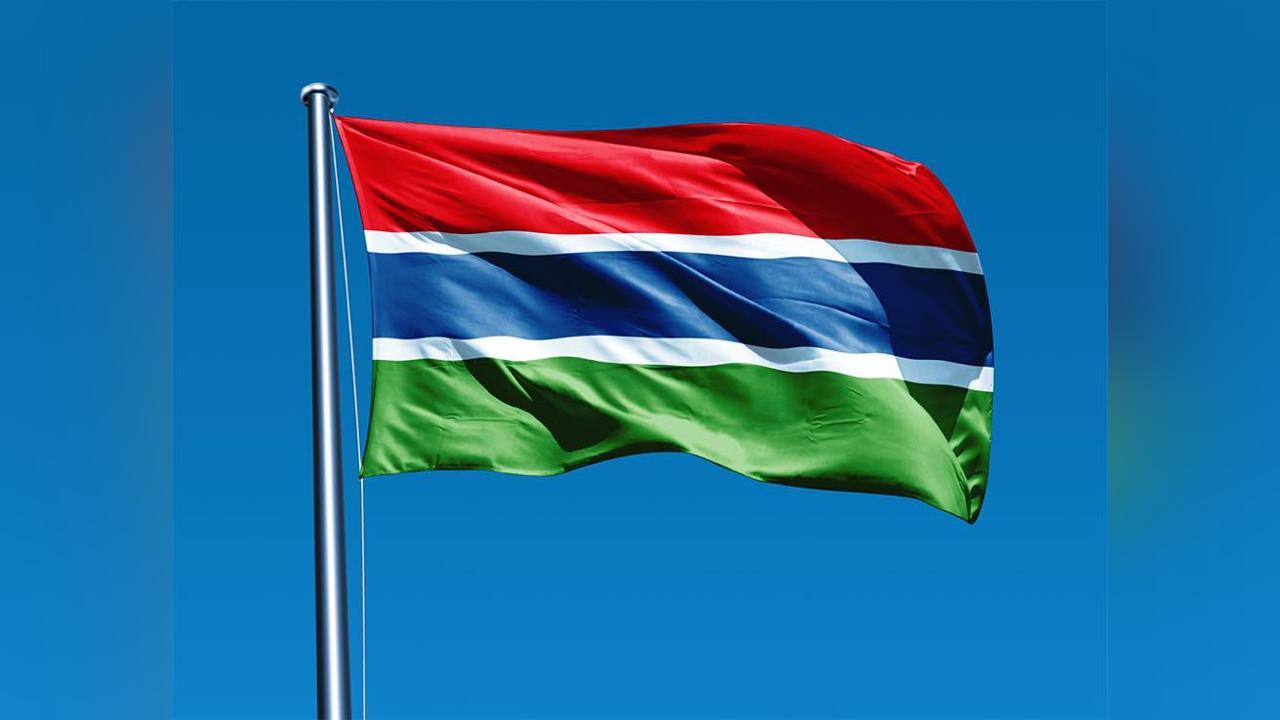Africa-Press – Gambia. In the past few weeks, the recurring incidents of arrests and confrontations between protesters and the police highlight the urgent need to strengthen professionalism in law enforcement. The police occupy a sensitive position in any democracy: they must safeguard public order while simultaneously protecting the rights of citizens, including the fundamental right to peaceful assembly.
Achieving this balance requires discipline, restraint, and a clear commitment to the rule of law. It is therefore necessary for there to be more specialised training for the police officers especially the new intakes. This is necessary in order to maintain the good image of the police.
Policing, at its best, is not about the exercise of brute force but about service to the community. Public protests, whether small gatherings or large demonstrations, are part of the democratic process. They signal that citizens are engaged, and they provide authorities with valuable insight into grievances that may otherwise remain unheard.
Heavy-handed responses to such protests, however, risk undermining this process, creating unnecessary hostility, and damaging public trust in state institutions. As already mentioned, the image of the police must always be kept in view as it is linked to the image of the government as a whole.
This is why professionalism is critical. Law enforcement officers must be adequately trained in crowd management, conflict de-escalation, and human rights standards. International best practice underscores that the use of force should be a last resort, applied only when absolutely necessary and always proportionate to the situation. Clear guidelines, coupled with regular refresher training, can help officers navigate the difficult line between maintaining order and upholding rights.
Equally important is accountability. Allegations of excessive force or arbitrary arrests must be taken seriously and investigated transparently. An accountable police force not only reassures the public but also protects the integrity of the officers themselves. When discipline is enforced within the ranks, professionalism becomes a culture rather than an occasional expectation.
Highhandedness may yield short-term compliance, but in the long run it erodes confidence in law enforcement and weakens the social contract between citizens and the state. A policing model rooted in dialogue, patience, and measured response will ultimately prove more effective in maintaining stability than one reliant on coercion.
The responsibility now lies with both the police leadership and policymakers. Investment in training, clearer operational standards, and mechanisms for independent oversight will ensure that the police can discharge their duties effectively without overstepping their mandate. In the end, the measure of a professional police force is not how firmly it asserts authority, but how fairly it balances order with liberty.
This is worth taking into consideration!
For More News And Analysis About Gambia Follow Africa-Press






